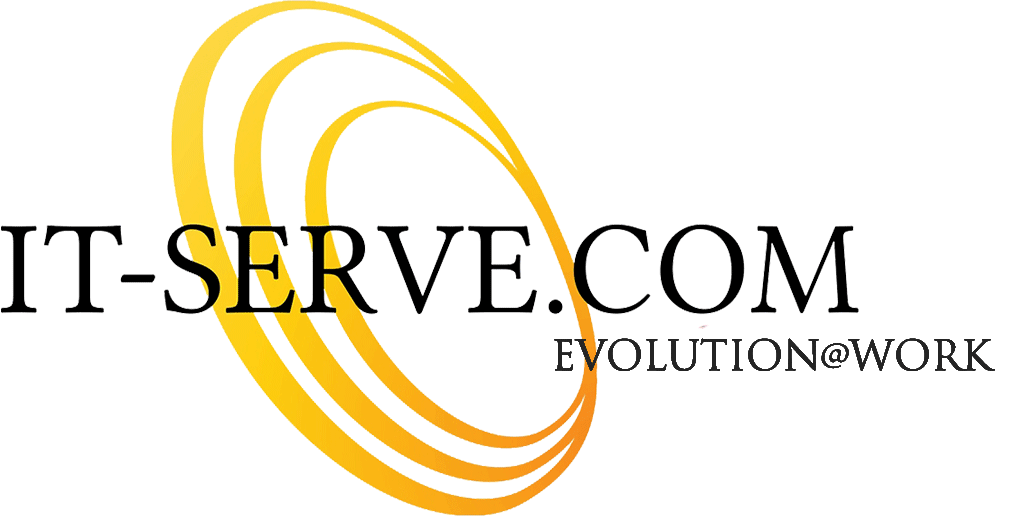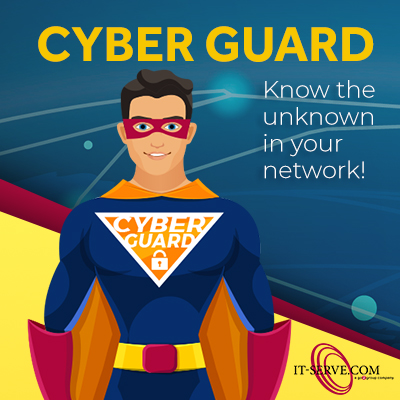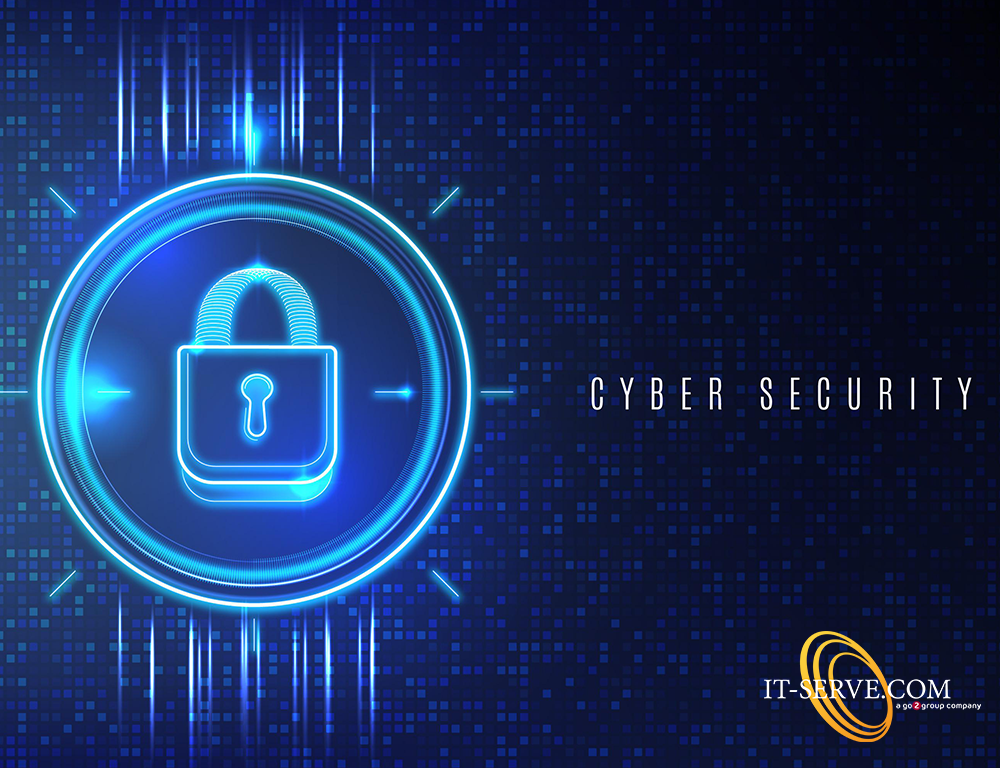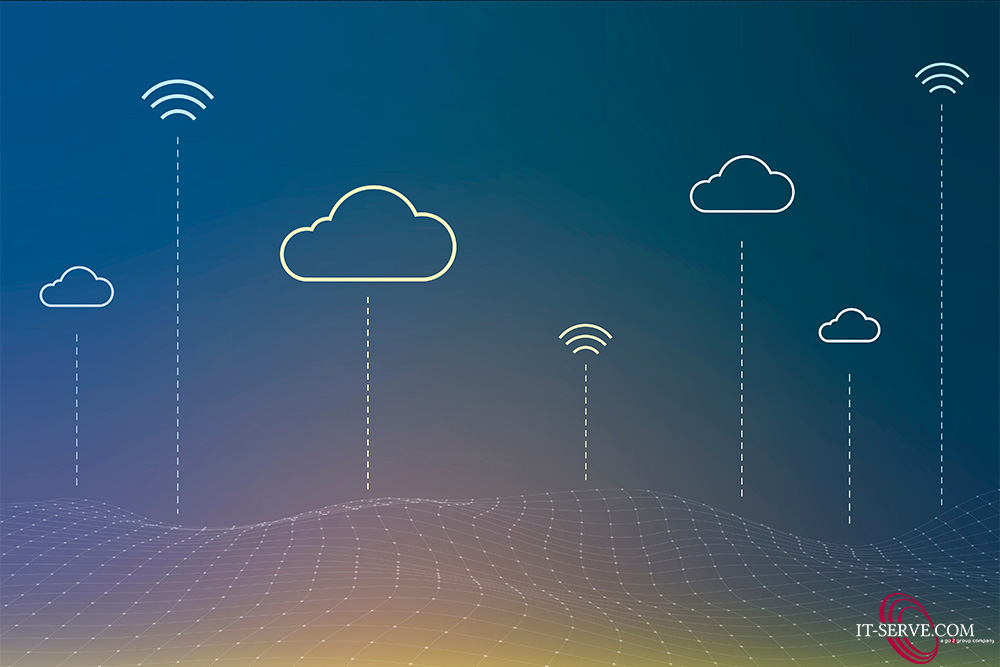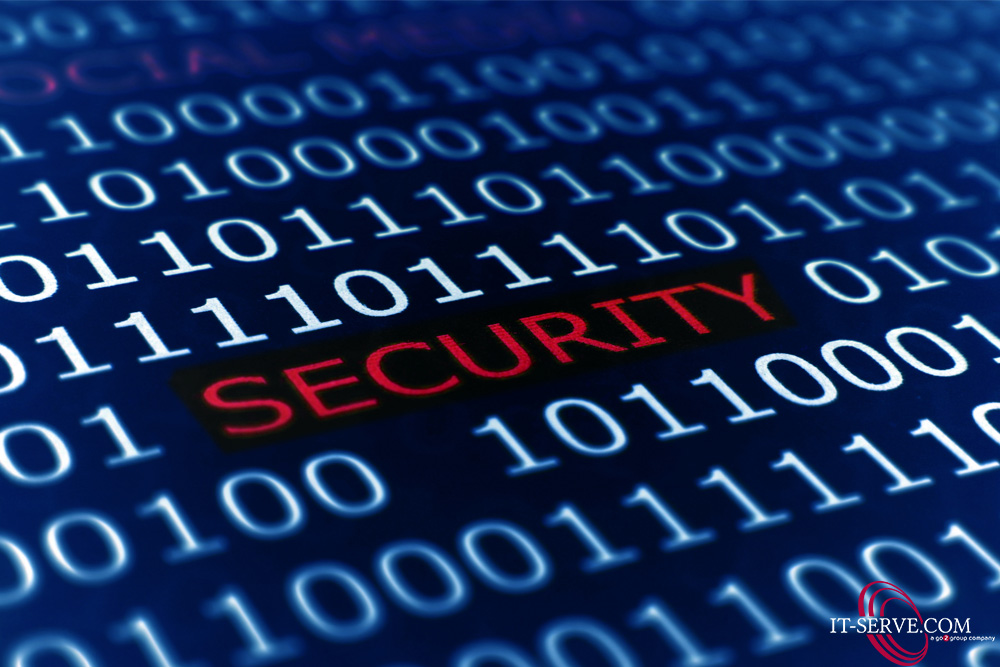
Due to the Covid-19 Pandemic that forced a lot of people to work from home since the beginning of 2020, hackers had a lot of new and easy potential victims to exploit. For instance, from the very onset of the Covid-19 crisis, cyber threats through emails increased by a whopping 600%. That doesn’t even include the other types of cyber threats out there that plague the internet. Here is our list of five cyber threats that you should be vigilant of when you work from home, and how Cyber Guard can help detect and protect against them.
The use of several different devices
When working remotely, it’s quite common for employees to use more than one device when working on office related matters. For example, the IT team may have fit the company laptop with top notch security methods to protect against cyber threats, however the same security measures may not have been implemented on the employee’s personal smart phone. Even if the employee were to read their office emails from their not secured smart phone, they become an easy target for hackers to exploit. Even when something as basic as an office email ID has been compromised, hackers can have access to all emails that have been sent to and from that email ID. Cyber Guard would be able to easily identify and notify company’s IT teams of any potential threats that may harm devices that Cyber Guard monitors. So to easily minimize the security risk of employees using multiple devices, IT teams should educate people on the dangers of using a device that is not secured. Any potential devices that may be used for remote office work, should be added to Cyber Guard’s monitoring network. The IT team should make it very clear to employees that work related matters should not be accessed from other devices that are not monitored by Cyber Guard, no matter the circumstance.
Brute-Force VPN attacks
A brute-force VPN attack occurs when an infiltrator tries to gain access to a VPN portal by entering numerous credential combinations until one of them finally works. As people work from home, having a super secure VPN log in, can turn out to be very tedious for employees to deal with on a daily basis. For example, if it does not connect at home for some reason, employees tend to bombard the IT team for a solution. The IT team is also ‘handicapped’ because they are not there in person to handle the issue. The easiest way was to simply scrap the VPN for remote working conditions, especially since the pandemic quarantine happened very suddenly in a lot of countries. It was simply the most viable option to ensure smooth business continuity at the time, however it wasn’t the most secure. Now as a lot of people and companies have become assimilated to remote working, they have amped up their security measures by using products like Cyber Guard. Cyber Guard will lessen the burden for IT teams to monitor each and every device taken home, and can inform them and the around the clock Security Operations Centre (SOC) team of a cyber threat like a brute-force VPN attack as soon as it happens.
Increased Data sharing through the Internet
A lot of offices have their own intranet where employees can exchange information and communicate in a safe and secure way, without having to always rely on the internet. These exchanges of information may be brief and menial, but remember that any action that does not use the internet is an action that is not exposed to a cyber threat. When working remotely, employees have no access at all to this intranet and are completely dependent on the internet. This means that all of their interactions with the business, whether big or small, have the risk of being exploited by a hacker. However, as we mentioned before, Cyber Guard’s around the clock monitoring ensures a quick and timely responses to any cyber threat no matter the size. So any suspicious activity will be presented to the ever present SOC team, who will step in if they see a potential threat hidden in any online interaction.
Misleading Information
Another tactic that hackers have used over the course of the pandemic is to pose as official mobile applications created by the World Health Organization (WHO) and get people to download these bogus apps onto their devices. A very snide maneuver that a hacker may use to be even more believable is to email people on their work emails, posing as the IT team encouraging people to download these malicious applications. When the victim downloads the cyber threat, the application can steal any data on the device, including work related data. However, any device monitored by Cyber Guard would alert the user that the application or the link that they’re going to download from is potentially harmful. Then employees can report it to the IT team to see if it’s genuine or not.
Home Wi-Fi
Last but not least, is the Wi-Fi that employees use at home. Yes, using a VPN adds an extra layer of security when working remotely, but it will never be as secure as working in the office itself. One main factor that a lot of people look over is the fact that Wi-Fi routers, similar to smartphones and other devices, have periodic software updates. Routers that are not updated will have prominent security gaps which leads to a higher risk of a data beach over time.
Cyber Guard constantly monitors devices connected to its network. Even if it’s an unreliable home Wi-Fi connection or an actual cyber threat, Cyber Guard will analyse, detect and inform a professional SOC team of any and all suspicious activity. With cutting edge software and a highly skilled team capable of providing 24 hour support, the risk of cyber threats are greatly reduced and the damaged that could be done by them is thoroughly mitigated.
